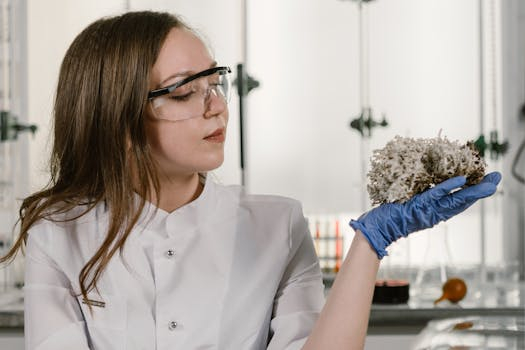Legal Issues in Biotechnology and Genetics
The biotechnology and genetics industries are rapidly advancing, bringing numerous benefits for human health and society as a whole. However, with these advancements also come a range of legal issues that must be addressed. From ethical concerns to intellectual property rights, the intersection of biotechnology and genetics has raised complex legal issues that require careful consideration. In this article, we will explore some of the key legal issues in biotechnology and genetics and their impact on these industries.
Ethical Concerns
One of the most significant legal issues in biotechnology and genetics is ethical concerns surrounding the use of these technologies. Biotechnology, in particular, has the potential to interfere with the natural processes of life and raise moral questions about playing god and the limits of human intervention. The use of genetically modified organisms (GMOs) and gene editing technologies, such as CRISPR, has sparked a heated debate about the ethical implications of altering the genetic makeup of living beings.
Another ethical concern in biotechnology and genetics is the potential for discrimination based on genetic information. As genetic testing becomes more accessible and affordable, individuals may face discrimination in areas such as employment, insurance, and access to healthcare based on their genetic predispositions. This has led to the development of laws and regulations, such as the Genetic Information Nondiscrimination Act (GINA) in the United States, to protect against such discrimination.
Intellectual Property Rights
As with any rapidly growing industry, the issue of intellectual property rights is a major concern in biotechnology and genetics. The development of new biotechnology and genetic technologies requires significant investments in research and development, making it crucial for companies to have adequate protection for their intellectual property. However, the unique nature of these technologies, which often involve the use of living organisms, has led to complex legal battles over patents and ownership.
In recent years, there have been several high-profile cases where companies have been involved in legal disputes over the ownership of genetic sequences. For example, the patenting of the BRCA1 and BRCA2 genes, which are linked to an increased risk of breast cancer, sparked a debate about the patenting of genetic sequences and the implications for healthcare and patient access to testing.
Data Privacy and Security
The rapid advancement of biotechnology and genetics has also raised concerns about data privacy and security. With the use of genetic testing becoming more common, there is a growing amount of sensitive genetic information being collected and stored, raising questions about how this data will be used and protected. There are also concerns about the potential for this data to be hacked or misused, potentially resulting in discrimination or harm to individuals and their families.
The General Data Protection Regulation (GDPR) in Europe and the Health Insurance Portability and Accountability Act (HIPAA) in the United States have been put in place to protect individuals’ data privacy and ensure the secure handling of sensitive health information. However, as biotechnology and genetics continue to advance, there may be a need for further legislation and regulations to address potential privacy and security concerns.
International Regulations
The development of biotechnology and genetics has a global impact, leading to the need for international regulations to address the legal and ethical concerns surrounding these industries. The international trade of genetically modified crops, for example, has raised questions about the regulation and safety of these products across borders. Additionally, there is an ongoing debate about the use of biotechnology in developing countries and the potential for exploitation.
The Cartagena Protocol on Biosafety, which was adopted in 2000, is an international agreement aimed at ensuring the safe handling, transport, and use of genetically modified organisms. However, there is still a need for further international cooperation and collaboration to address the complex legal issues surrounding biotechnology and genetics.
Conclusion
The legal issues in biotechnology and genetics are complex and continuously evolving, requiring careful consideration and regulation. Biotechnology and genetics have the potential to bring significant advancements in healthcare and other industries, but it is crucial to address the ethical, legal, and regulatory concerns that arise from these developments. It is essential for governments, companies, and individuals to work together to ensure responsible and ethical use of these technologies to maximize their benefits and minimize potential harm.







